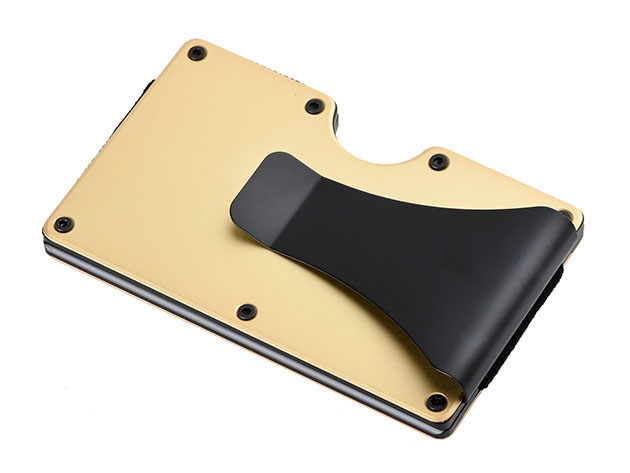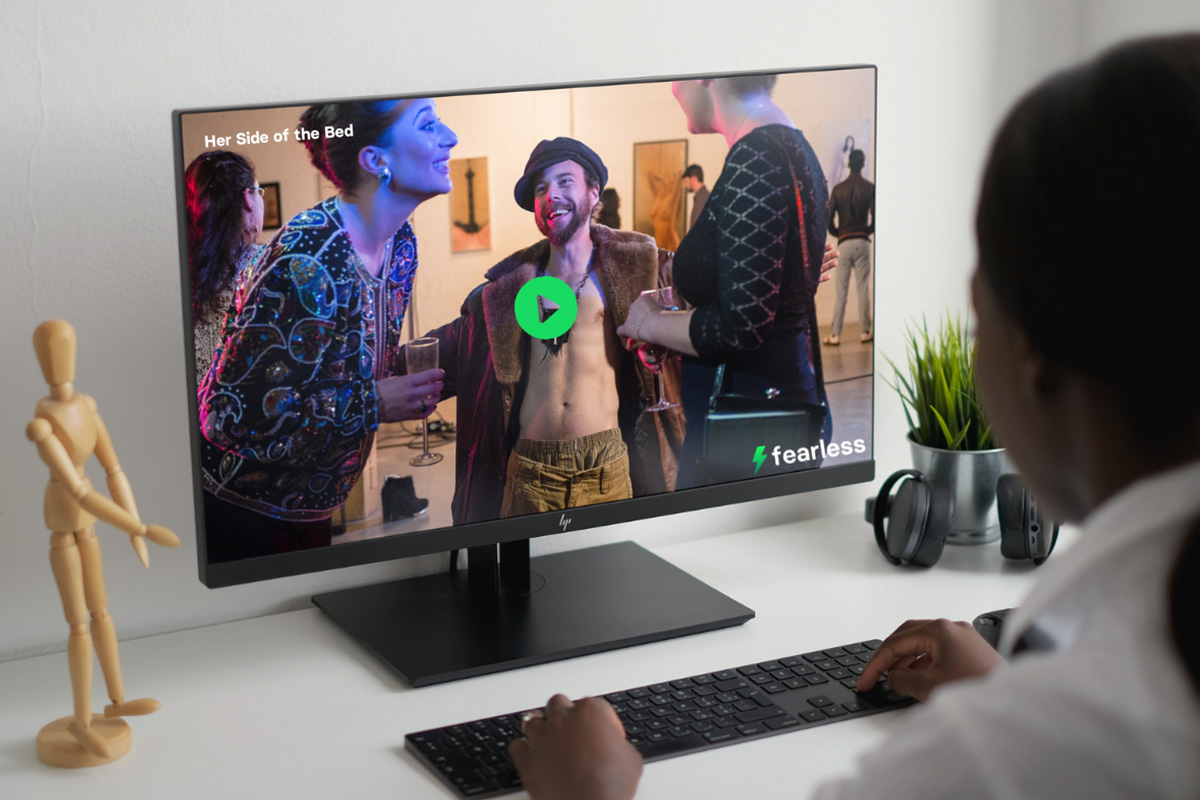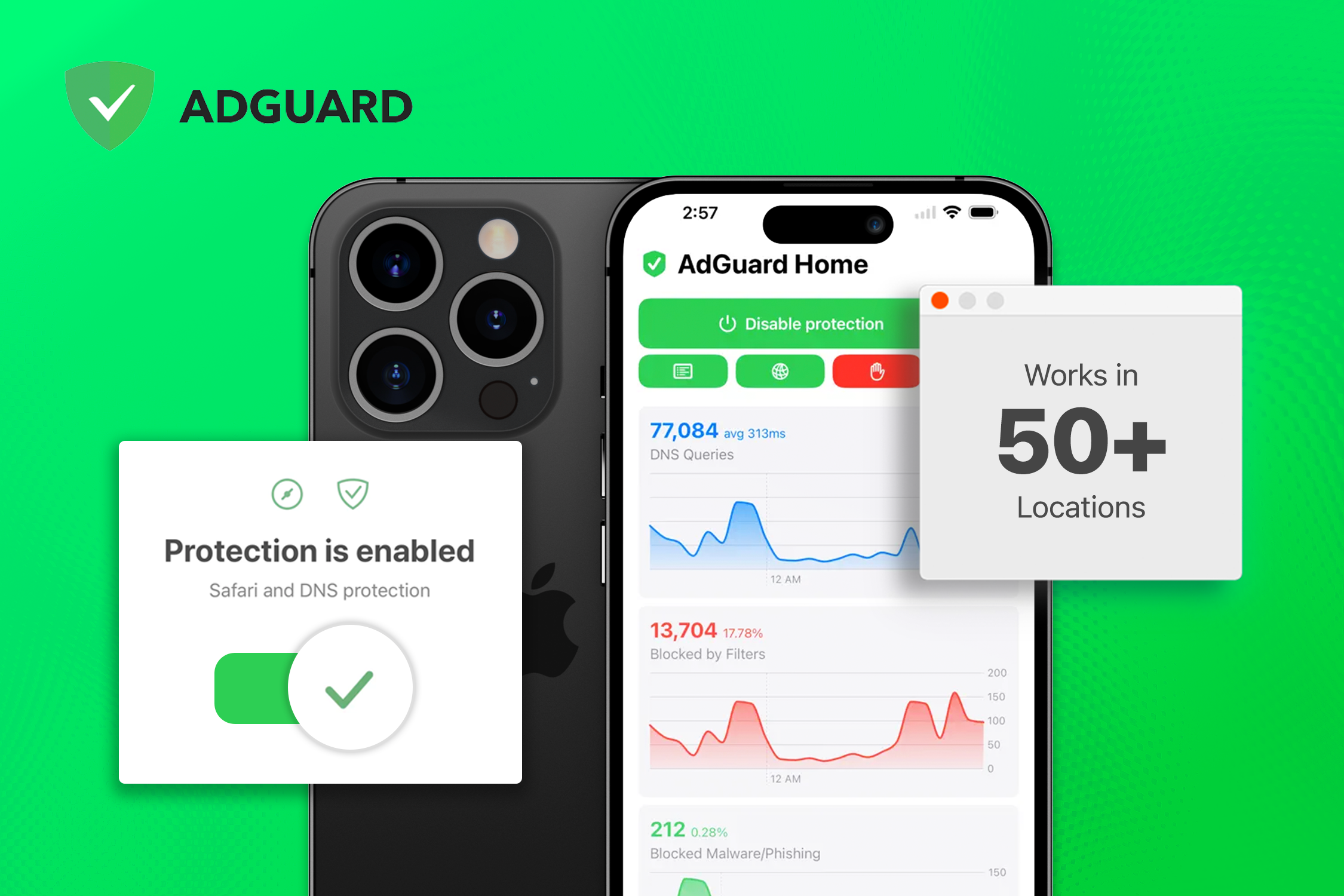
Invalid Date
What is RFID-blocking technology, how does it work, and why would you need it? We answer these questions and talk about cats.
Photo by Grid Wallet
TL;DR: What's RFID blocking and why should anyone care about it? Take a quick deep dive into how RFID is used in real life, how it can be blocked, and what (if anything) you need to do about it.
You’ve probably seen “RFID blocking” pop up in product descriptions while you’re shopping for wallets or purses. But what's RFID blocking actually mean? RFID stands for Radio-Frequency IDentification, and despite the name, it does not refer to the ability to pick out how often you’ve heard a radio station play the same song.
RFID technology has been around for a while. It’s the chip in your credit card. Or your library book. Or your cat. When scanned, RFID chips (also called tags) send the scanner a number, which is basically just an address in a database. When you tap to pay with your credit card, it’s giving the machine the means to contact the database and request the funds so you can go get groceries without needing to carry cash or worse, coins.
RFID technology is a major convenience, but the methods to block it have been around even longer than the tags themselves.
RFID blocking protects tags from communicating with other devices. Want your cat to be invisible from RFID scanners? You’ll have to make that fuzzy li'l baby a very special kind of hat. RFID-blocking materials are usually metal. RFID readers send out a radio signal, and metals like steel are really good at blocking radio waves. That’s what most RFID blockers are made from.
Even handbags and carry-on luggage use metal to create RFID-safe pockets, but you don’t have to lug around a slab of steel to keep your credit card safe. Many bags use what’s called a Faraday shield, an RFID-blocking material made from a tight weave of metal wires that disrupt electromagnetic signals. It’s like a net that captures electricity, but why would you want that in your wallet?
Photo by Nathan Dumlao via Unsplash
Back when RFID chips were first getting popular in credit cards, there was a rash of stories about hidden RFID scanners stealing your credit card information. Some of those stories may have been inspired by anxiety that it was possible to steal your credit card information in a very sneaky way. Still, the technology does exist, and it’s not just credit cards that are actually at risk.
Some states have begun issuing RFID driver's licenses. These enhanced licenses are supposed to make it easier to cross the border for U.S. citizens, but they also leave your personal information more vulnerable to a quick scan. Even if it’s uncommon, that’s a lot to have on the line.
Driver's licenses aren’t the only IDs that use RFID. The technology is extremely common in university ID cards that give students access to their meals, classes, and dorms. That’s a lot of information to have unsecured.
It's a reflief to know that RFID wallets are a low-cost way of protecting your RDIF-enabled cards. Though, RFID scanning requires pretty close proximity to work. That means it’s challenging for potential scammers, which may be why RFID crimes were falling by the wayside. At least until RFID car keys started getting more popular.
Verified stories of RFID credit card theft may not be common, but there are confirmed instances where cars have been stolen because someone left their RFID key fob somewhere it’s vulnerable. And it’s not even rare. Thieves can extend the RFID signal and turn on a car without ever touching your keys, and that’s a pretty rough thing to wake up to. At that moment, your key fob is more of a key flub.
Luckily, RFID car theft isn’t hard to prevent. Simply pop your keys in an RFID-blocking bag, safe, or other container. Just make sure you double-check that it works first.
RFID blockers come in all shapes and sizes. You can get one in your wallet or bag or get a box with Faraday shields lining the walls. What’s important is that you test it before you rely on it. Luckily, that’s easy, too.
Trying out your RFID-blocking wallet? You could get your own RFID scanner, potentially paying hundreds. Or you could go to a gas station and try buying some gum without taking your card out of your wallet. Even easier, if you have a Square card reader or another NFC scanner, you could use that. NFC is a subset of RFID, so your blocker should work just as well on it. If you can scan your card through your blocker, then it’s not doing a good job and should be replaced.
Testing is a little more involved for larger devices, key fobs, cats, etc. If your car is button activated when the fob is near, put your key in the box and take it to your car. If you can start your car, then the box may not be totally sealed. (Probably don't want to try this with your cat though.)

Like all things, it depends. Random cases of RFID credit card theft are uncommon, but if you have something on that card that you think deserves extra protection or want to feel safer while you travel with your enhanced ID, what’s the harm in a little insurance? It also helps that RFID wallets and bags are, by necessity, often pretty sturdy. It’s hard to make a metal cage, even one that blends into the fabric of a bag, anything but durable.
If you have a car with an RFID key fob, you may want to invest in an RFID-blocking container. Thieves can act fast, and extending the range of the fob is as good as having the key. Plus, it may be easier to keep track of your car keys if you always put them in the “don’t steal my car box” right when you get home.

The Slimmest Wallet Ever! Made from Copper with RFID Blocking to Protect You From Bacteria & Theft
StackSocial works with a variety of merchants and brands to bring you deals worth talking about. We may earn a commission on purchases made through our links. Prices subject to change.
Sign Up For Our Newsletter
Sign up to see our latest collections, exclusive offers & get 15% off.

Invalid Date

Invalid Date

Invalid Date

Invalid Date

Invalid Date

Invalid Date

Apr 14

Apr 14

Oct 28

Jul 3

Jun 28

Jun 25